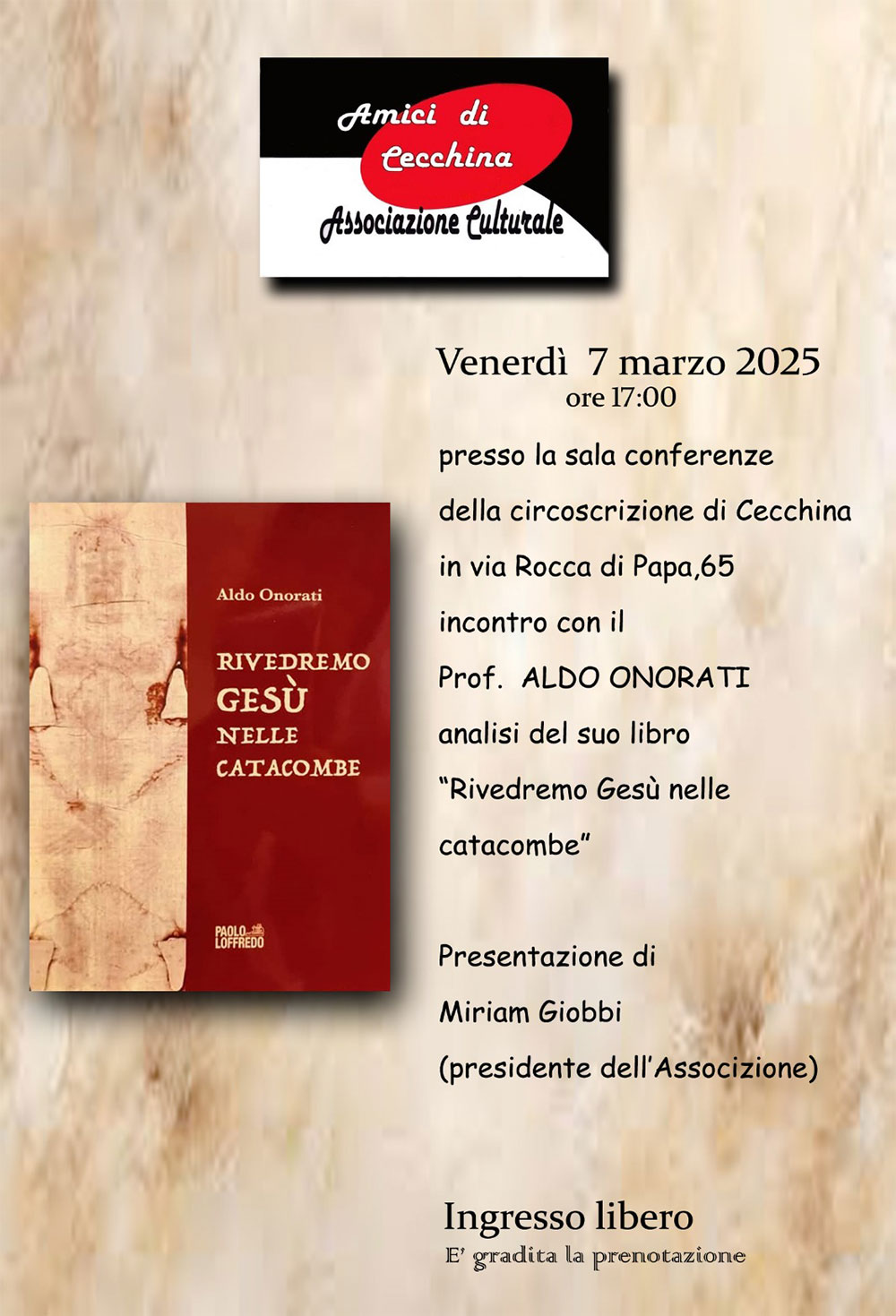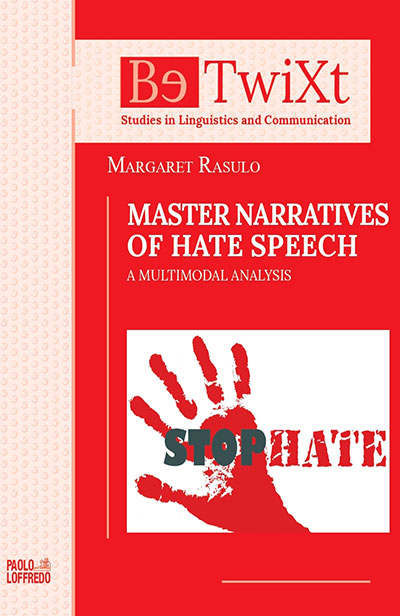 Paolo Loffredo, sixth generation of a large family of publishers and booksellers engaged in the production and distribution of books since the late nineteenth century, creates in 2012 the new editorial company Paolo Loffredo Editore. The historical site was until the '80s in the heart of the historic centre of Naples in Via San Biagio dei Librai, lower Decumano and also known as the SpaccaNapoli.
Paolo Loffredo, sixth generation of a large family of publishers and booksellers engaged in the production and distribution of books since the late nineteenth century, creates in 2012 the new editorial company Paolo Loffredo Editore. The historical site was until the '80s in the heart of the historic centre of Naples in Via San Biagio dei Librai, lower Decumano and also known as the SpaccaNapoli.
At the beginning of the twentieth century, Giuseppe Loffredo decided to add book selling to the book production, which definitively imposed itself after World War II with the publication of manuals for the University and for the School that succeeded in establishing themselves soon throughout Italy.
LAST EVENT
"Rivedremo Gesù nelle catacombe"
07 Marzo 2025 - Sala Conferenze circoscrizione di Cecchina - via Rocca di Papa 65, Albano Laziale (RM) - ore 17,00

Master narratives of hate speech
ISSN: 2611-1349
Language: English
Publisher: Paolo Loffredo Editore Srl

Description
Master narratives of hate speech
Approaching hate speech from different perspectives for the purpose of exposing the diversity of domains in which this negative emotional response underhandedly imposes its presence is extremely relevant considering the current times. With specific reference to discursive behaviors that are not readily recognizable as expressions of hate, this book addresses the multi-layered notion of hate speech that is directed at anything tangible, such as people, animals, entire countries and cities, monuments and homes, but also at all that is intangible or abstract, such as ideologies, identity, values, lifestyles, religious and political beliefs. Often entrenched in the claims for ‘freedom of expression’, ‘freedom of information’, and the ‘right to protect one’s own’, hate-induced behaviors broadly span the hate spectrum from offensive speech to dangerous speech, thus shaping discourses of discrimination, hateful falsity and conspiracy. By selecting a large corpus of semiotic resources, including language, and visual data from a variety of online sources, and by adopting the tools afforded by Multimodal Critical Discourse Analysis, this book reconfigures hate attitudes and behavioral patterns into three Master Narratives, or complex, persistent, and therefore representative stories of aggressors and victims of aggression. The exploration of these seed sources of hate is expected to contribute to raising awareness that hate can permeate any context, and set in motion a complex display of human emotions, some of which are lethal.



